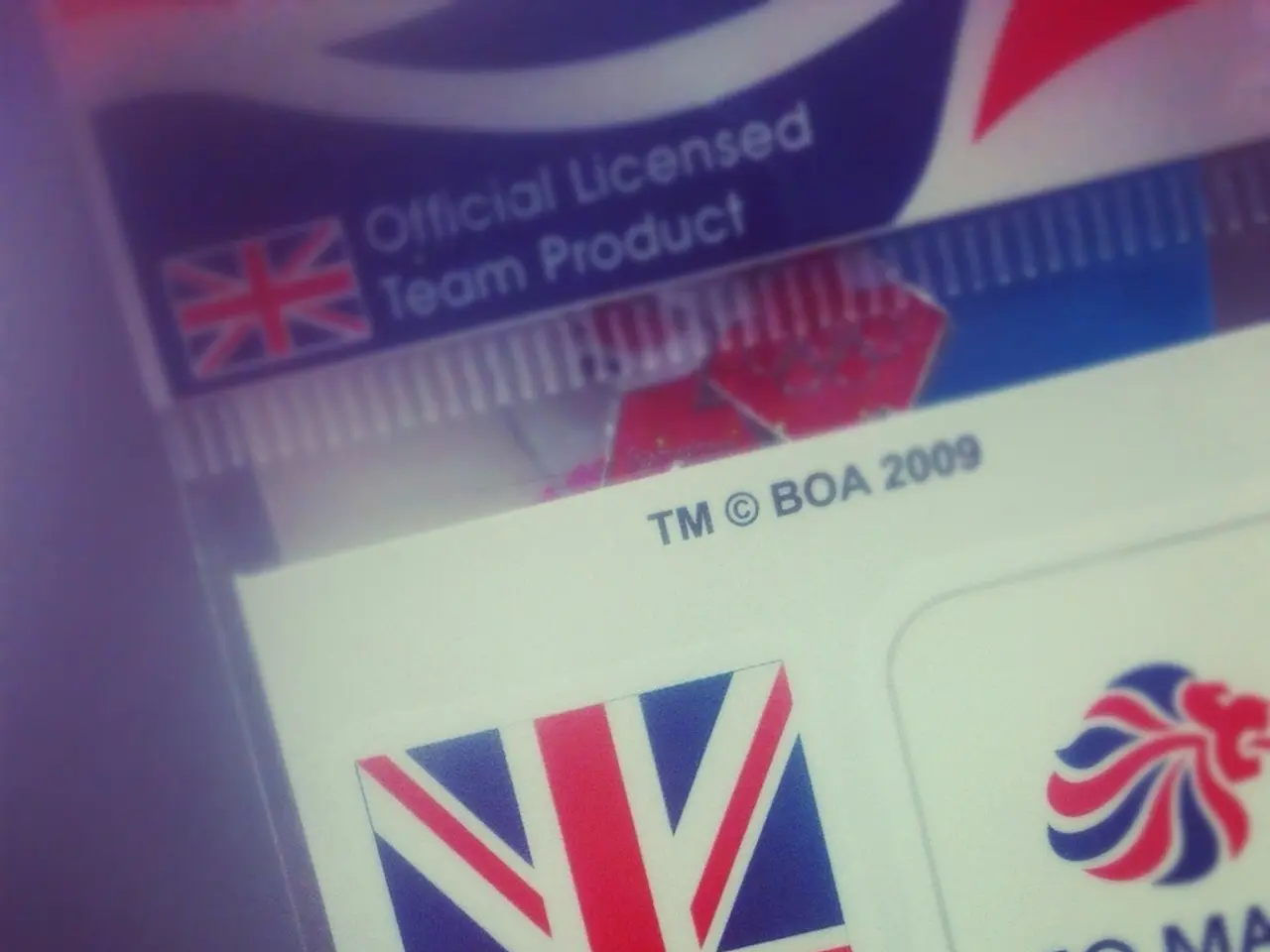Ripple pursues a national banking charter to broaden its stablecoin and cryptocurrency offerings.
In a significant move for the cryptocurrency industry, Ripple has applied for a national banking license with the U.S. Office of the Comptroller of the Currency (OCC), aiming to establish a new model for stablecoin governance in the U.S.
If approved, Ripple would become a federally regulated institution, subject to dual oversight from both the OCC at the federal level and the New York Department of Financial Services (NYDFS) at the state level. This regulatory shift follows recent failures in crypto banking access after the collapse of FTX and the shutdown of Silvergate and Signature Bank.
Ripple's dollar-backed stablecoin, RLUSD, would be placed under stronger federal supervision, improving transparency and compliance in the stablecoin market. This move is poised to raise industry standards for stablecoin compliance and security significantly.
Alongside the banking license application, Ripple's subsidiary, Standard Custody & Trust Company, has applied for a Federal Reserve master account. If approved, Ripple would be able to custody the reserves backing RLUSD directly with the Federal Reserve, improving reserve security and enabling the issuance and redemption of RLUSD even outside traditional banking hours.
By becoming a nationally chartered bank, Ripple aims to integrate digital assets with mainstream financial services more closely, potentially offering broader crypto-based financial products under federal regulation. Obtaining the national banking license would also mark Ripple as the first federally licensed crypto payment company in the U.S., enhancing XRP’s legitimacy, financial acceptance, and Ripple’s position in the stablecoin ecosystem.
Other firms, such as BitGo and Paxos, are also preparing similar applications, indicating a growing trend among crypto companies seeking long-term stability through national charters. Anchorage Digital remains the only digital asset firm with a national bank charter, granted in 2021.
Meanwhile, Binance Alpha has launched the ECHO Protocol on its platform, while Circle is seeking a national trust bank charter to enhance USDC infrastructure. Hong Kong's new stablecoin ordinance is set to take effect in August, and JD.com and Ant Group are seeking approval for an RMB stablecoin. Kraken has secured a MiCA license for EU crypto operations, and BBVA has launched Bitcoin and Ethereum trading in Spain.
In other news, the U.S. House Committee is planning a cryptocurrency capital hearing, and the SEC is moving forward on universal crypto ETF listing standards. Gryphon and American Bitcoin are updating their merger plans with the SEC, and Coinbase has added Sky and USDS to its listing roadmap.
The federal regulatory tone has grown more favorable under President Trump's return to office and his pro-crypto stance. However, the FATF has urged stronger regulation after a $1.46 billion crypto theft, underscoring the need for robust security measures in the digital asset space.
Sources: [1] https://www.coindesk.com/business/2023/07/06/ripple-submits-application-for-occs-national-banking-charter/ [2] https://www.coindesk.com/business/2023/07/06/ripple-aims-to-integrate-digital-assets-with-mainstream-financial-services-with-occs-national-banking-charter-application/ [3] https://www.coindesk.com/business/2023/07/06/ripple-would-be-first-federally-licensed-crypto-payment-company-in-us-with-occs-national-banking-charter/
Ripple's application for a national banking license with the U.S. Office of the Comptroller of the Currency (OCC) includes the subsidiary, Standard Custody & Trust Company, applying for a Federal Reserve master account. If approved, this would enable Ripple to custody the reserves backing RLUSD directly with the Federal Reserve, leveraging blockchain technology to enhance stability and security within the cryptocurrency sector.
The integration of digital assets with mainstream financial services via Ripple's application could set new standards for stablecoin compliance and security, as other firms like BitGo and Paxos also seek long-term stability through national charters, following the regulatory shift and recent failures in the industry.




